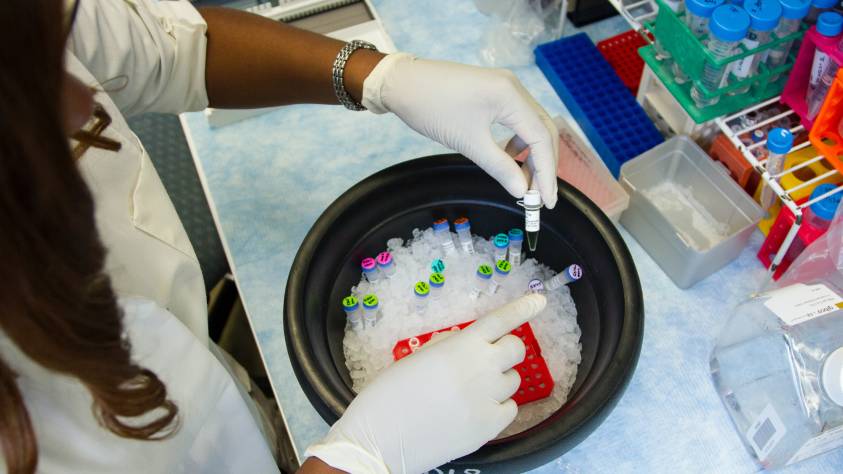Law Society welcomes recommendations to establish new DNA laws

The Law Society Registry database will be unavailable due to maintenance on Friday 26 April from 6pm until Saturday 27 April at 8am.

Following an extensive review of the use of DNA in criminal investigations, Te Aka Matua o te Ture | The Law Commission has recommended a new and comprehensive regime be established.
The New Zealand Law Society | Te Kāhui Ture o Aotearoa welcomes the release of the Law Commission’s report, The Use of DNA in Criminal Investigations |Te Whakamahi i te Ira Tangata i ngā Mātai Taihara, which paves the way for reforming the law on obtaining, using and retaining DNA evidence in criminal investigations.
The Commission’s report identifies significant gaps in the current law, including insufficient independent oversight and a failure to accommodate human rights values, tikanga Māori and the Treaty of Waitangi | te Tiriti o Waitangi.
In a 2019 submission, the Law Society agreed with the Commission that a new Act is needed to replace the Criminal Investigations (Bodily Samples) Act 1995, as the use of DNA in criminal investigations has outstripped the statutory scheme.
“Changes to the Act since 1995, as well as advances in science and technology, have resulted in a system that does not provide consistent or thorough safeguards”, Law Society spokesperson Steve Bonnar QC says.
“The Law Society supports the Commission’s overall recommendation that a new and comprehensive regulatory framework for the collection and use of DNA in criminal investigations is overdue. We acknowledge this has been a significant piece of work for the Commission and look forward to seeing reform in this area develop”, Mr Bonnar says.
The Commission has also recommended establishing an independent oversight regime to align New Zealand with comparable overseas jurisdictions and including a framework that enables Māori rights and interests to be articulated. Other notable recommendations include: